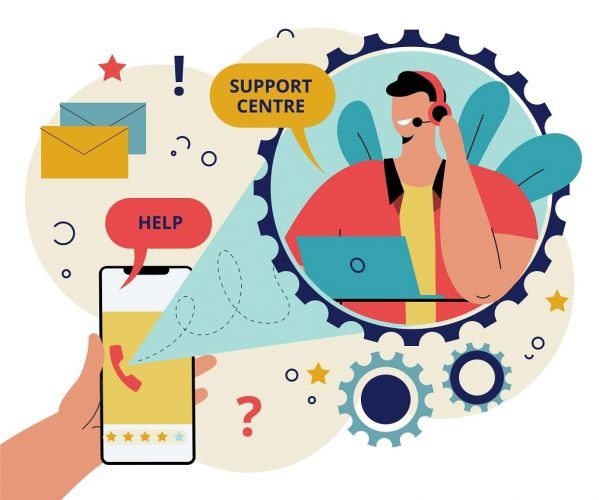Key Reasons Why Lead Call Recordings Are Crucial For Effective CRM

1. Enhanced Training and Quality Assurance:
- Employee Training:* Call recordings provide real-life examples for training new sales and customer service representatives. Listening to successful calls helps employees understand effective communication strategies and common customer queries or objections.
- Quality Control: Regular review of call recordings ensures adherence to company standards and policies, helping maintain a high quality of customer interactions.
2. Improved Customer Interaction and Personalization:
- Understanding Customer Needs: Recordings allow sales and support teams to revisit customer conversations, helping them understand specific needs or concerns more deeply.
- Personalized Service: By referencing past interactions, employees can provide more personalized and consistent service, which enhances customer satisfaction and loyalty.
3. Effective Dispute Resolution and Compliance:
- Resolving Disputes: Recorded calls serve as a factual reference in case of disputes about what was said or agreed upon during a call, thereby protecting both the customer and the company.
- Regulatory Compliance: For businesses in regulated industries, call recordings are essential for ensuring compliance with legal standards, such as obtaining consent for data processing or verifying customer identity.
4. Valuable Insights and Feedback:
- Customer Feedback: Analyzing call recordings can provide insights into common customer feedback or complaints, highlighting areas for product or service improvement.
- Market Trends: Regular review of calls can also reveal emerging trends or changes in customer preferences, aiding in strategic planning and decision-making.
5. Increased Sales and Marketing Effectiveness:
- Sales Training and Strategies: Recordings of successful sales calls can be used to train new sales
representatives and refine sales strategies.
- Marketing Alignment: Understanding common questions or concerns raised during sales calls can help marketing teams tailor their messaging and materials more effectively.
6. Documentation and Record Keeping:
- Record-Keeping: Call recordings provide a documented history of customer interactions, which is invaluable for maintaining comprehensive customer profiles within the CRM.
- Audit Trails: In industries where audit trails are important, these recordings provide a clear and undeniable record of interactions.
7. Performance Review and Feedback:
- Employee Evaluation: Managers can use call recordings to assess employee performance objectively, providing constructive feedback and identifying areas for improvement.
- Rewarding Excellence: Similarly, exceptional interactions captured in recordings can be used to recognize and reward outstanding employee performance.
In conclusion, lead call recordings are a multifaceted tool within CRM systems. They not only enhance customer service and sales efficiency but also provide valuable insights, ensure compliance, and contribute to overall business strategy and improvement. Integrating call recordings into CRM systems is therefore a significant step towards building a more customer-centric, efficient, and compliant business.